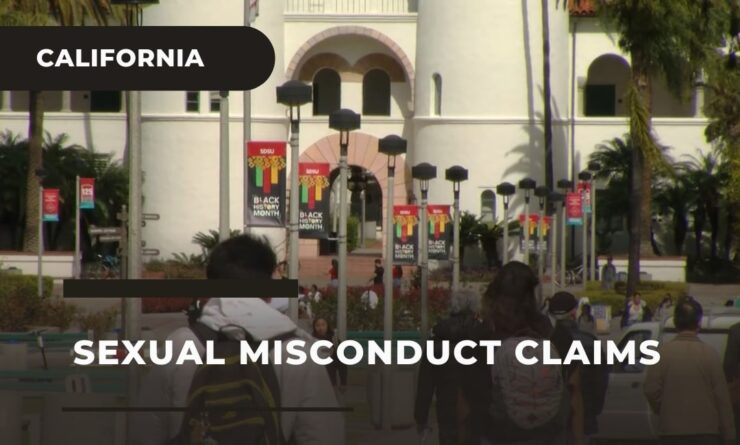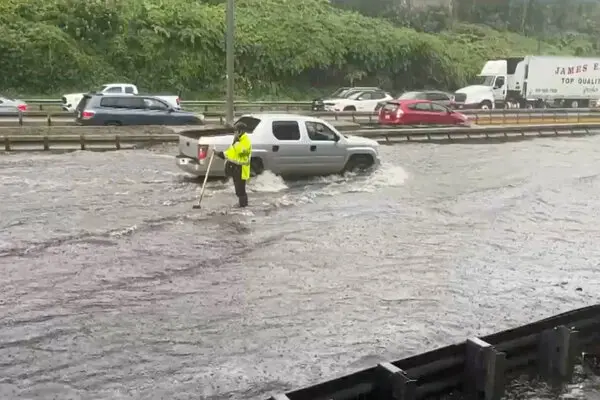The California State University (CSU) system, the largest public university system in the United States, has been under scrutiny for its handling of sexual misconduct claims. A series of scandals led to the resignation of the chancellor and multiple university leaders. Two independent reports, one by the law firm Cozen O’Connor and another by the California State Auditor, have shed light on the systemic failures that have led to an erosion of trust among students, faculty, and staff.
A Systemic Failure
The Cozen O’Connor report, commissioned by CSU in response to a USA TODAY investigation, revealed a widespread mishandling of sexual misconduct claims across the 23-campus system. It found that the university’s Title IX practices, as well as its handling of discrimination, harassment, and retaliation, were deeply flawed. The report highlighted a severe lack of staffing and resources, inconsistent record-keeping, and a lack of formal standards, which led to hundreds of complaints being stalled or stifled.
They revealed allegations of misconduct among some of Hollywood’s most powerful players. They told the stories of victims of sexual harassment and other misconduct in California’s State University system. https://t.co/TE1mRIADpc
— Los Angeles Times (@latimes) December 23, 2022
The report also revealed a glaring void of trust in the university’s senior leadership. This was particularly evident at San Jose State, where nearly 260 reports of sexual misconduct, assault, and similar cases were filed during the 2021-22 academic year. However, not one of these reports resulted in a formal investigation.
High-Profile Scandals
The report also highlighted high-profile scandals that exposed excused sexual misconduct, discrimination, and retaliation in the highest ranks. One such scandal involved former CSU Chancellor Joseph Castro, who ignored sexual harassment complaints against the school’s vice president of student affairs, Frank Lamas, recommending him for higher positions despite repeated offenses. Castro has since landed at Cal Poly, San Luis Obispo, teaching leadership classes as a tenured professor.
A Call for Change
The report by Cozen O’Connor made numerous recommendations for how the university can improve. These include centralizing oversight and accountability processes at the chancellor’s office, hiring more staff to implement the provisions of Title IX and other requirements, providing more and better prevention and education programming, and implementing an enterprise-level case management system.
The California State Auditor’s Office is also expected to issue its own report into the CSU system’s handling of sexual harassment complaints about administrators, faculty, and staff. The audit began last year and focused primarily on three CSU campuses recently rocked by sexual misconduct scandals: Fresno State, San Jose State, and Sonoma State.
A Crisis of Trust
The mishandling of sexual misconduct claims has led to a crisis of trust within the CSU system. Students, faculty, and staff have expressed their disappointment and anger at the university’s response to their complaints. The reports have highlighted the need for a significant overhaul of the university’s policies and procedures to ensure that all complaints are taken seriously and investigated thoroughly.
The CSU system has pledged to implement the report’s recommendations and to work towards restoring trust within the university community. However, the road to recovery will be long and challenging, and it will require a significant commitment from the university’s leadership to bring about meaningful, authentic, and sustained change.













